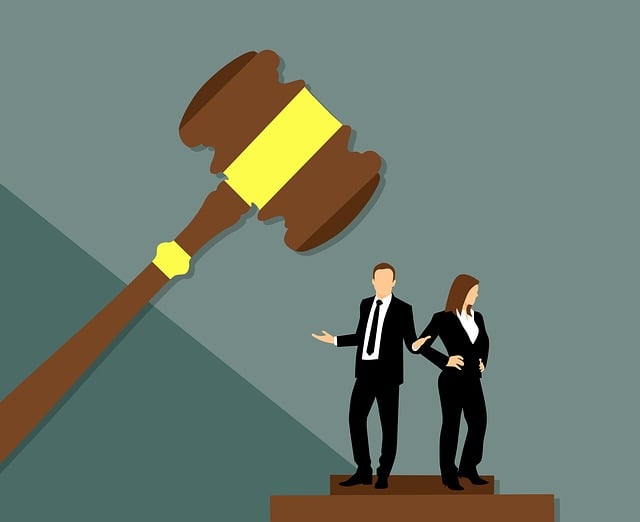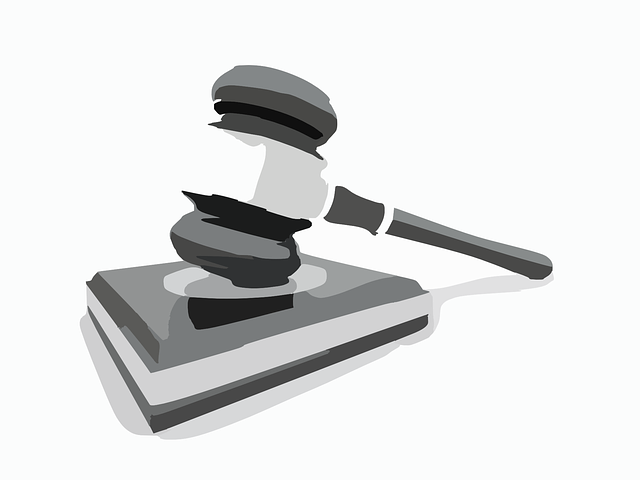Criminal law enforcement plays a crucial role in preventing and resolving business partnerships disputes, particularly white-collar and economic crimes. Key strategies include robust contract law, thorough background checks, clear communication, and well-defined partnership agreements to avoid legal battles. Effective collaboration between investigators, prosecutors, and law enforcement ensures justice while mitigating legal repercussions. Contractual obligations provide transparency, accountability, and compliance, deterring unethical practices and safeguarding business interests. Case studies offer practical lessons for successful partnership management, promoting healthier relationships and cost savings.
Criminal law enforcement is a multifaceted field, with various agencies and professionals working together to maintain justice. This article delves into the intricate world of criminal justice, exploring key roles and responsibilities that form its backbone. We discuss best practices for business partnerships to avoid legal battles, highlighting the pivotal role of contract law in preventing criminal activities. Furthermore, through compelling case studies, we illustrate successful strategies for resolving partnership disputes legally, offering valuable insights for businesses navigating complex legal landscapes.
- Understanding Criminal Law Enforcement: Key Roles and Responsibilities
- Avoiding Legal Battles: Best Practices for Business Partnerships
- The Role of Contract Law in Preventing Criminal Activities
- Case Studies: Successful Strategies for Resolving Partnership Disputes Legally
Understanding Criminal Law Enforcement: Key Roles and Responsibilities
Criminal law enforcement is a complex system involving various stakeholders each with unique roles and responsibilities. At the heart of this process are investigators and law enforcement officers who conduct thorough inquiries, collect evidence, and interview witnesses to unravel criminal activities. Their work is meticulous, ensuring all stages of the investigative and enforcement process are followed diligently. This proactive approach not only helps in solving crimes but also plays a pivotal role in avoiding legal battles in business partnerships by identifying potential violations early on.
The prosecutor’s office takes over once sufficient evidence is gathered. They have the responsibility to review the case, determine charges, and present the evidence in court. Their strategic decision-making can significantly impact the outcome, including avoiding indictment for his clients, especially when dealing with complex business transactions. Effective collaboration between investigators, law enforcement, and prosecutors ensures a balanced approach, striking a cord between upholding justice and mitigating potential legal repercussions for individuals and businesses alike.
Avoiding Legal Battles: Best Practices for Business Partnerships
When it comes to business partnerships, one of the most effective strategies for avoiding legal battles is a robust and clear contract. This foundational document should lay out the expectations, roles, and responsibilities of each party involved. A well-drafted agreement can help prevent disputes by defining ownership, intellectual property rights, profit-sharing, and dispute resolution mechanisms. Additionally, conducting thorough background checks on potential partners is crucial, especially when dealing with corporate and individual clients across the country. This practice helps in mitigating risks associated with white-collar and economic crimes.
Partnership agreements should also include provisions for regular communication and transparency to foster a cooperative environment. Establishing open lines of communication encourages early detection of potential issues, allowing for swift resolution before escalating into legal conflicts. Furthermore, having a comprehensive understanding of each partner’s legal obligations and compliance standards specific to their industry can significantly reduce the likelihood of unintentional breaches that may lead to costly litigation.
The Role of Contract Law in Preventing Criminal Activities
In the realm of criminal law enforcement, contract law serves as a robust tool for preventing illicit activities, particularly in the corporate and individual client spheres. By establishing clear and legally binding agreements, businesses can mitigate risks and avoid potential legal battles that often arise from partnerships and transactions. This proactive approach is especially crucial in the world of white-collar defense, where complex financial deals and intricate business relationships can sometimes conceal fraudulent or criminal intent.
Contractual obligations provide a framework that ensures transparency, accountability, and compliance with relevant laws. For instance, detailed contracts that outline specific performance standards, confidentiality clauses, and dispute resolution mechanisms can deter employees from engaging in unethical or illegal practices. Moreover, these legal agreements enable businesses to protect their interests, safeguard sensitive information, and establish guidelines for resolving conflicts without resorting to lengthy and costly litigation, thereby fostering a culture of integrity within respective business operations.
Case Studies: Successful Strategies for Resolving Partnership Disputes Legally
In the realm of criminal law enforcement, understanding how to resolve partnership disputes legally is crucial, especially in high-stakes cases involving white collar and economic crimes. Case studies offer valuable insights into successful strategies that businesses and individuals can employ to avoid protracted legal battles. For his clients, these lessons are invaluable, guiding them through complex scenarios where misunderstandings or disagreements threaten the integrity of their ventures.
By studying real-world examples, practitioners learn the art of negotiation, mediation, and alternative dispute resolution methods. These techniques not only save time and legal costs but also foster healthier business relationships. In many instances, successful resolution involves clear communication, well-defined contracts, and proactive risk management strategies tailored to each partnership’s unique dynamics.
Criminal law enforcement involves a complex web of roles and practices, from understanding key responsibilities to leveraging contract law for prevention. As highlighted in this article, navigating partnership disputes legally is crucial in avoiding costly legal battles. By studying successful case strategies, businesses can foster robust alliances built on mutual trust and clear legal frameworks, ultimately enhancing their ability to prevent and resolve criminal activities that may arise within these partnerships. Implementing best practices discussed here offers a proactive approach to maintaining integrity and safeguarding interests in today’s business landscape.






